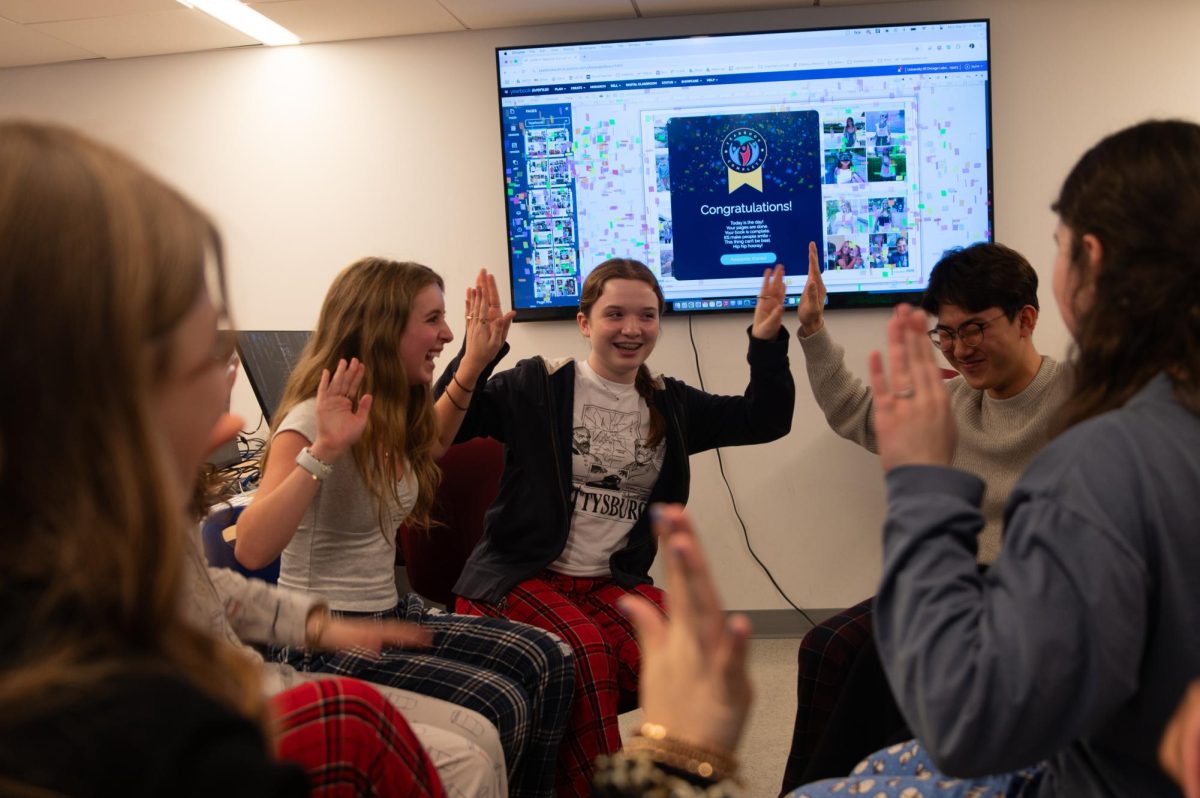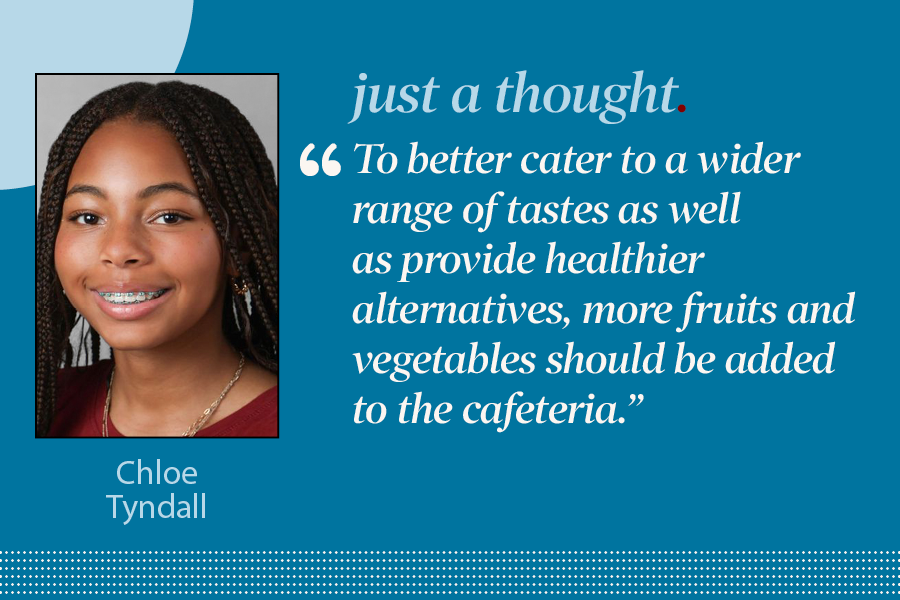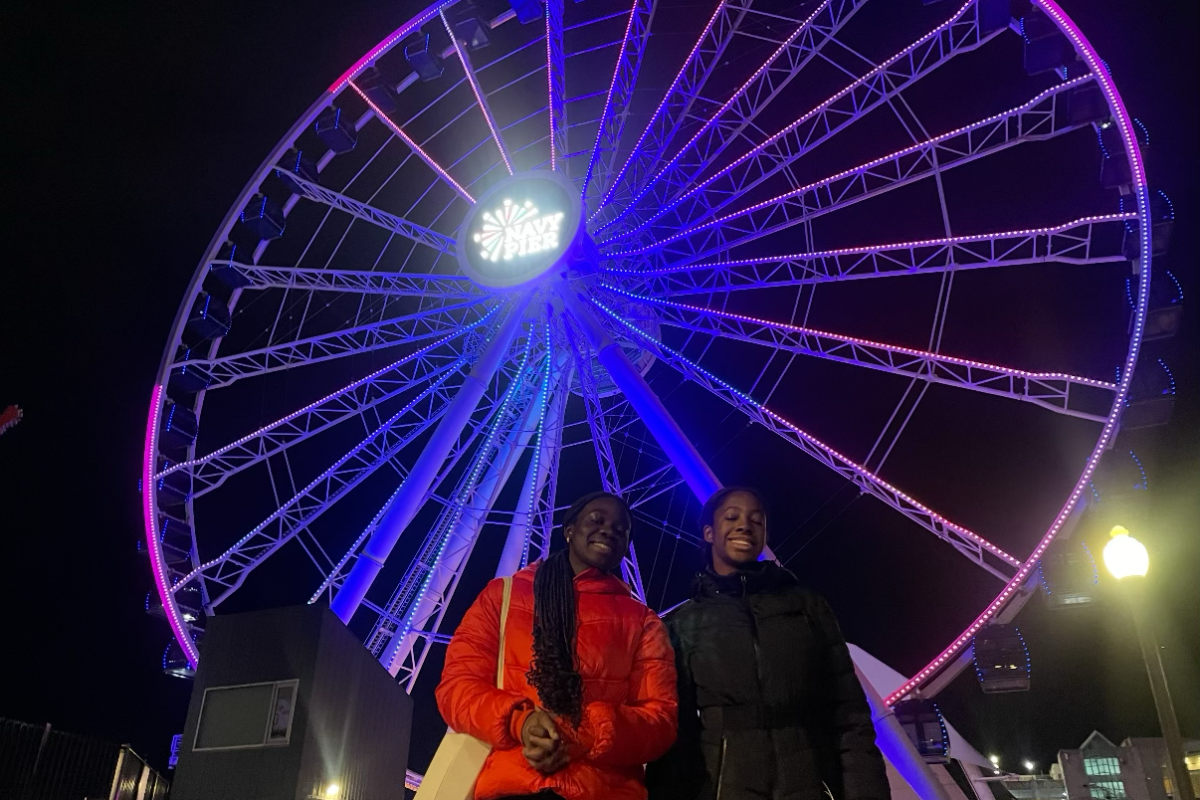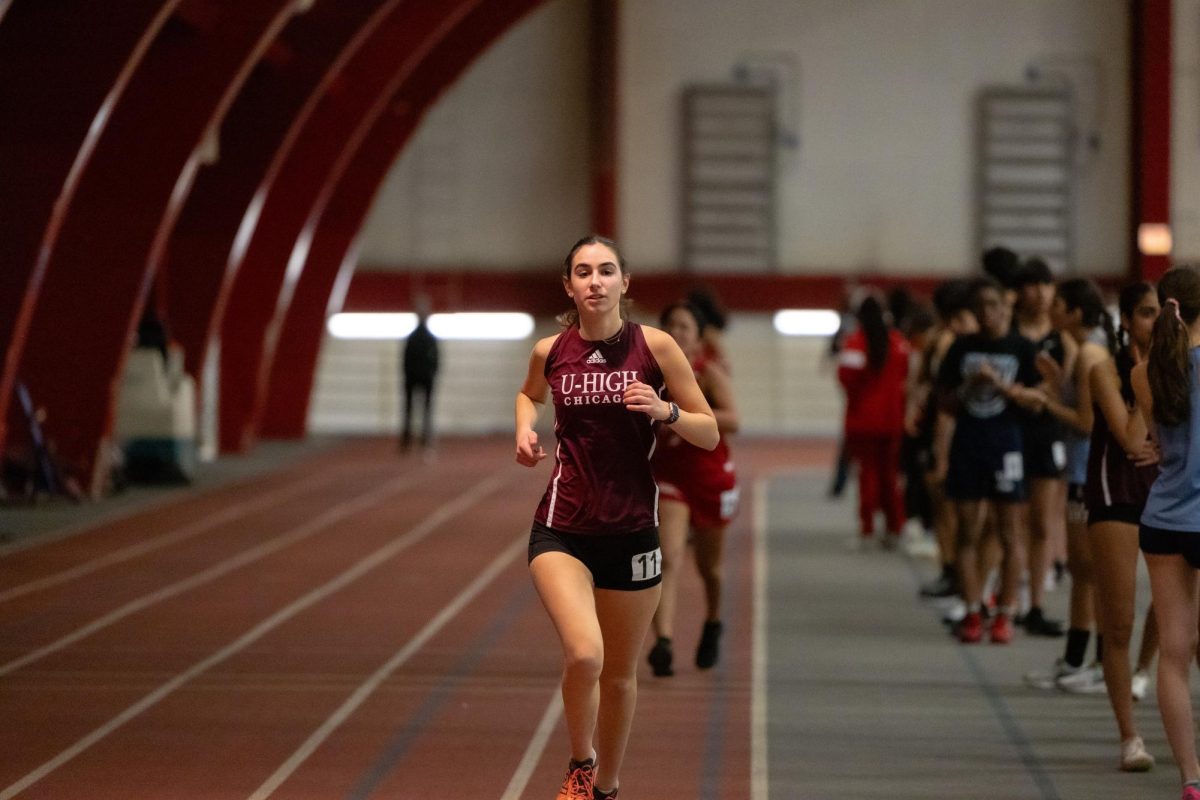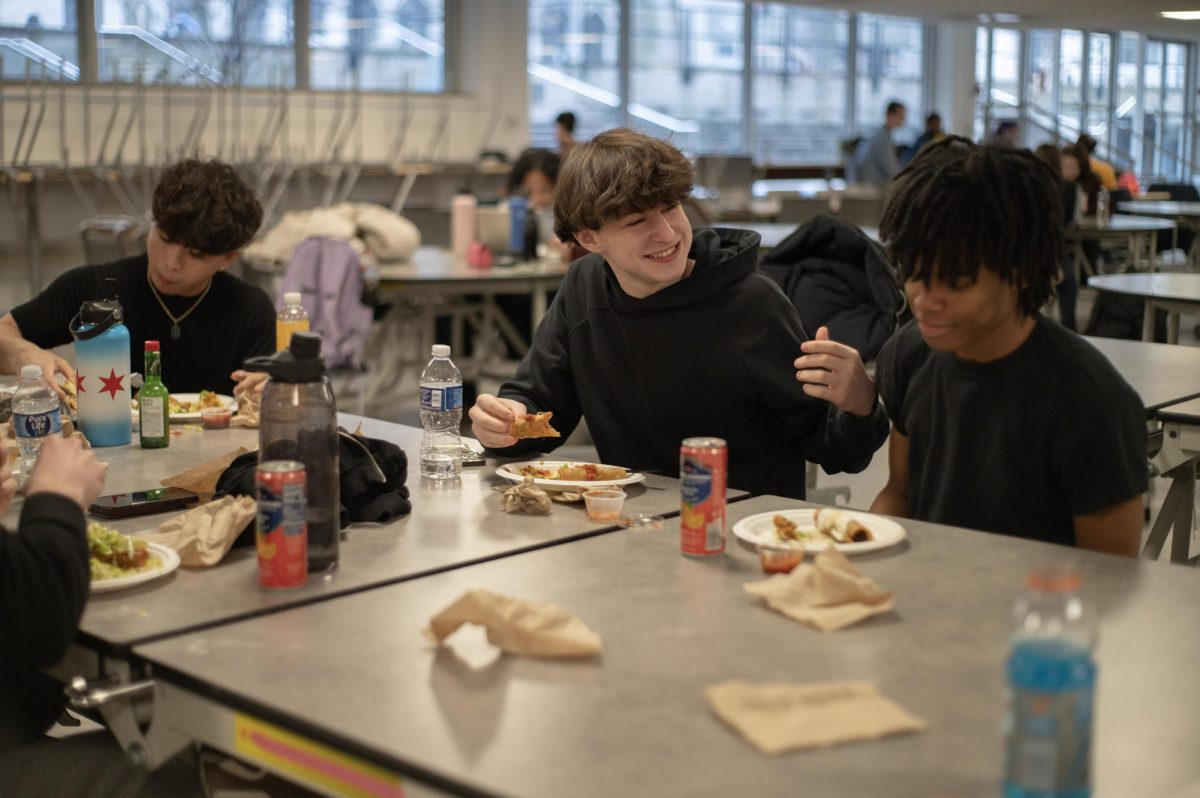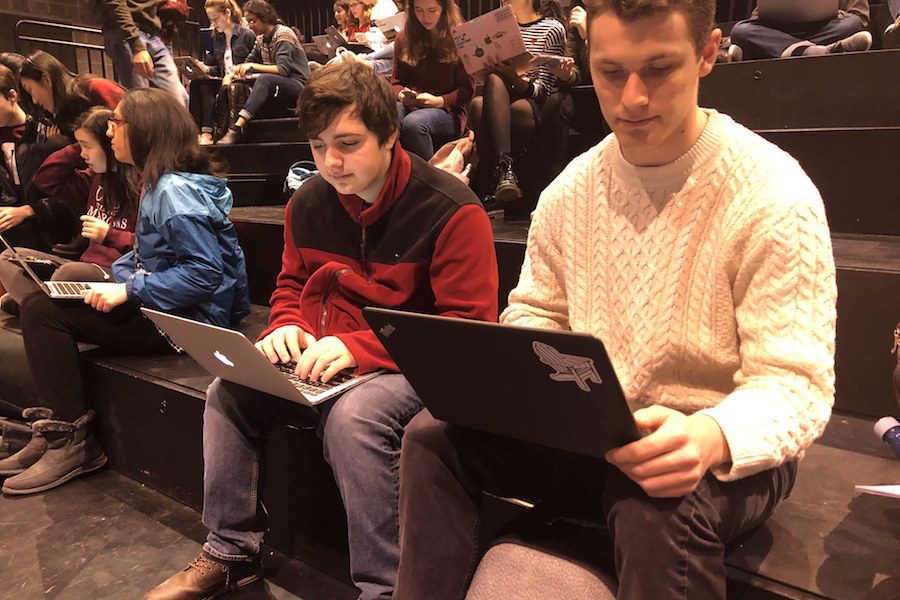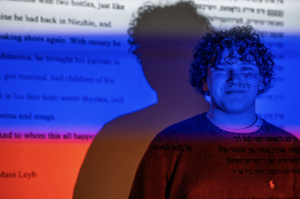Students take second iteration of health and wellness survey
March 7, 2019
In response to feedback from parents, students and faculty, changes to this year’s version of the schoolwide health and wellness survey include additional questions about social-emotional health and extracurriculars, as well as fine-tuned questions on bullying, stress and illegal substances, according to Title IX Coordinator Betsy Noel. High school students took the survey in the Gordon Parks Assembly Hall, Sherry Lansing Theater, and Café Lab March 7 during assembly period.
John Freeman, a junior, said the survey seemed more streamlined.
“I thought it was a lot more concise,” he said. “The whole formatting felt a lot easier and less awkward than last year. I liked the question with time — it wasn’t just how many hours of sleep you got but waking up and going to bed because a lot of people go to bed really late and I feel like people don’t realize how little sleep they get.”
Senior Michelle Husain, leader of health club, also said the questions on sleep stood out to her. She thinks it’s important to gather that kind of data, especially at school as rigorous as Lab.
“I know some people who don’t really take them seriously, which is kind of sad,” she said, “but I genuinely do feel like they are useful especially because we’re in such a high stress environment and I feel like we’re very different from the traditional high school. Everyone does so many extracurriculars, and there’s so much homework assigned — I feel like that all contributes to how a person is doing.”
While Michelle and John agree that the results from last year’s survey have sparked conversation among their peers, the school doesn’t seem to have taken much action yet, which John said he understands.
“You can’t do much the first year because you need to have more data in order to actually understand what’s going on. You can’t jump — for example, the gun question last year,” John said. “You can’t know if the students were joking or they were serious and, having this survey again, we’ll be able to clarify those issues. It’s difficult to act on just one set of data.”
Some action has been taken to combat wellness concerns revealed by last year’s survey, according to Ms. Noel. One example was Principal Stephanie Weber’s email prohibiting homework over winter break.
This year, Ms. Noel said, “there’s been more conversation and awareness. One of the big points of the survey was not that we needed to necessarily change what we were doing but to” learn how students are struggling.
With a combination of outside experts, forums and polls, Ms. Noel has worked to add questions that are important to the community — but she said she couldn’t change the survey too drastically because one of its purposes is to compare results over time.
A lot of her time this year was spent managing questions about the survey, and “a little bit less about taking action and response to it because it was about building community comfort and investment in these wellness topics,” Ms. Noel said. So next year is going to be an exciting year.”
The data will be shared with students and parents sooner and in chart-form next year, according to Ms. Noel.

